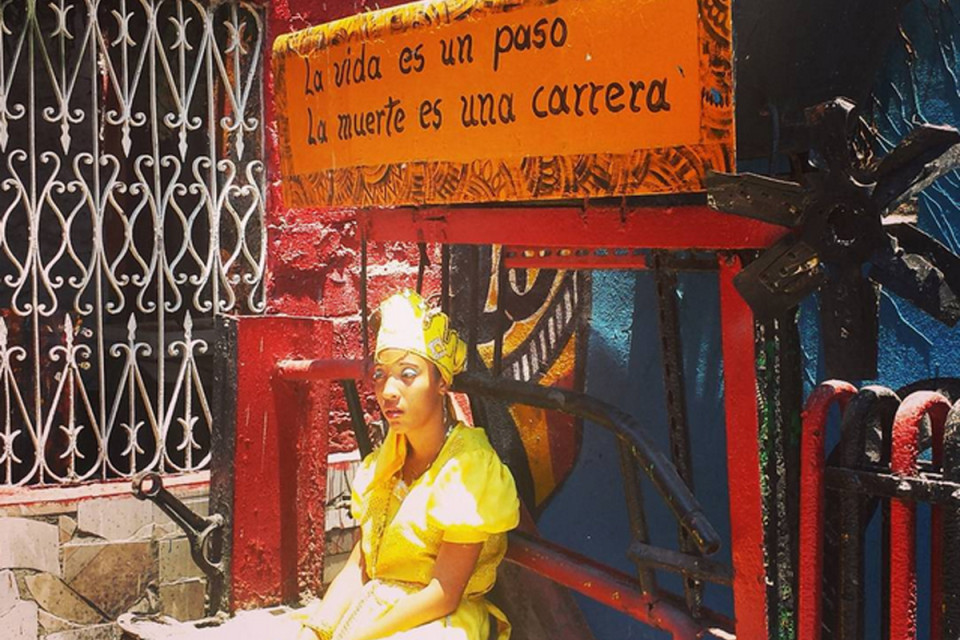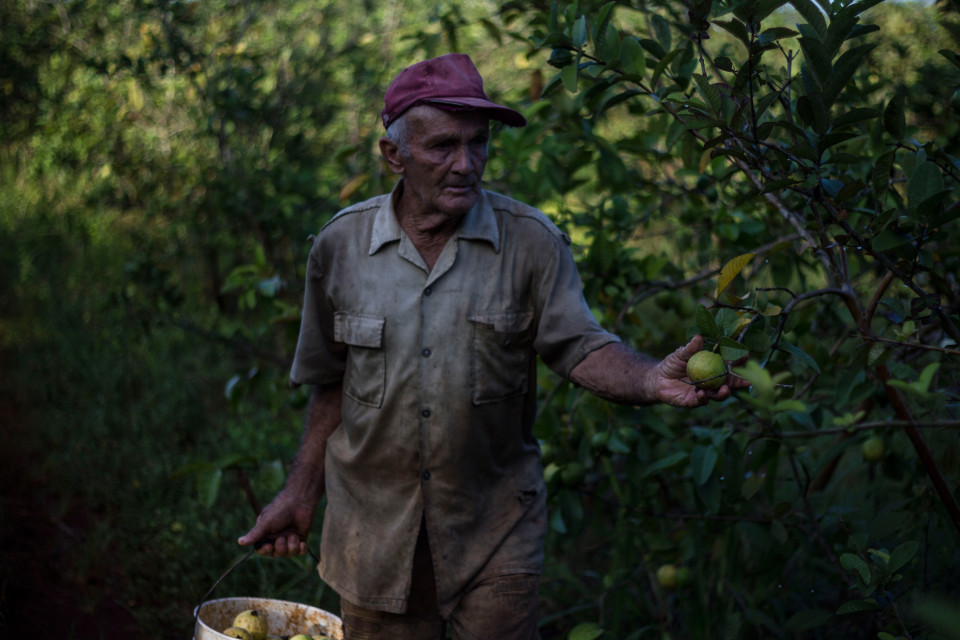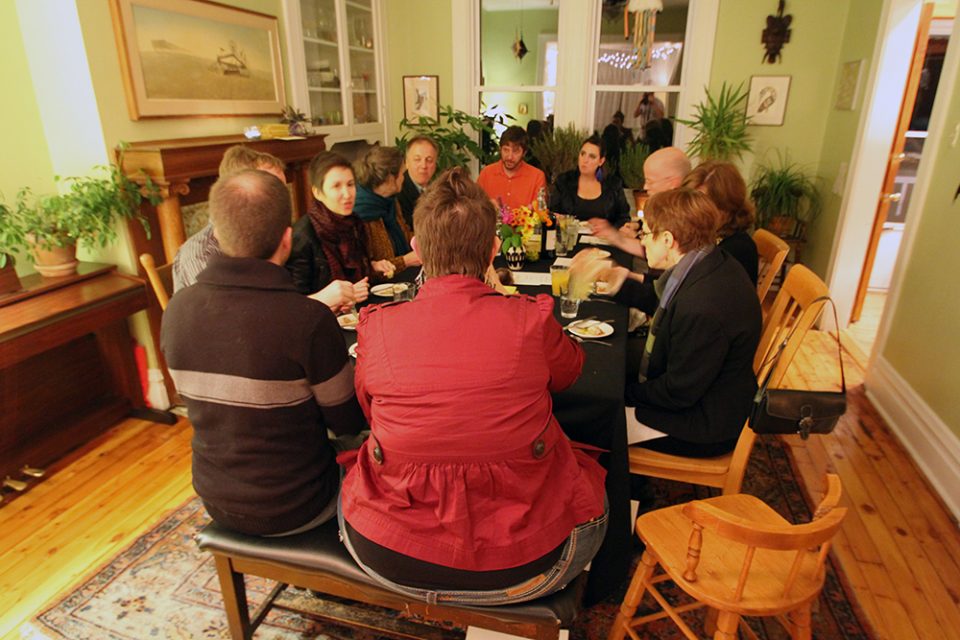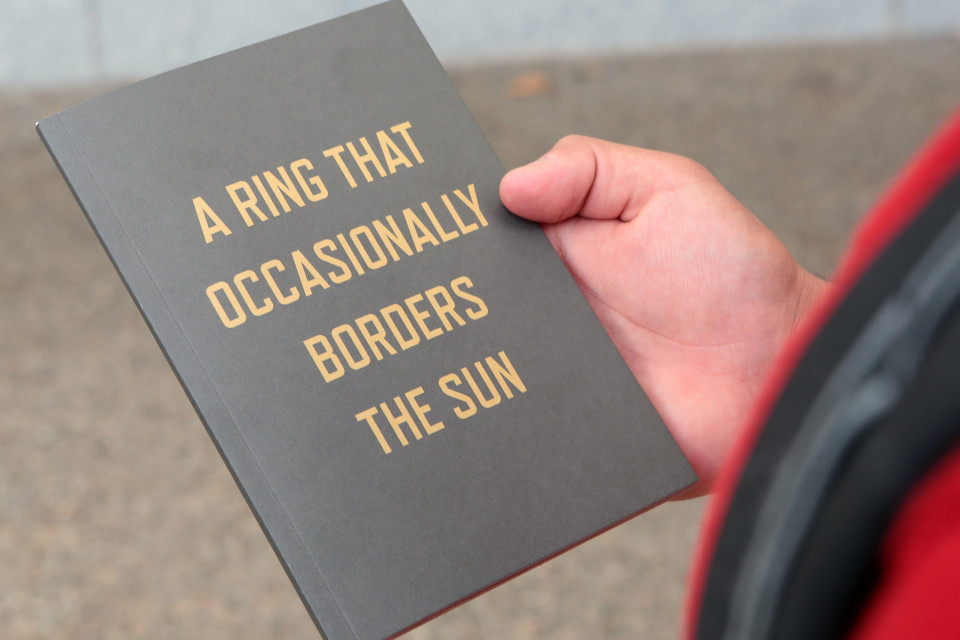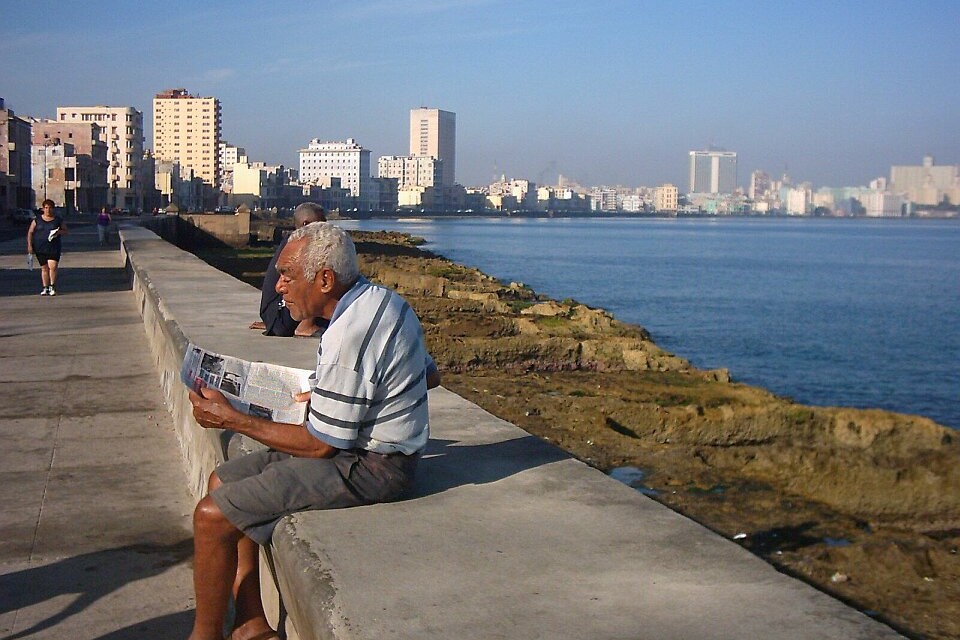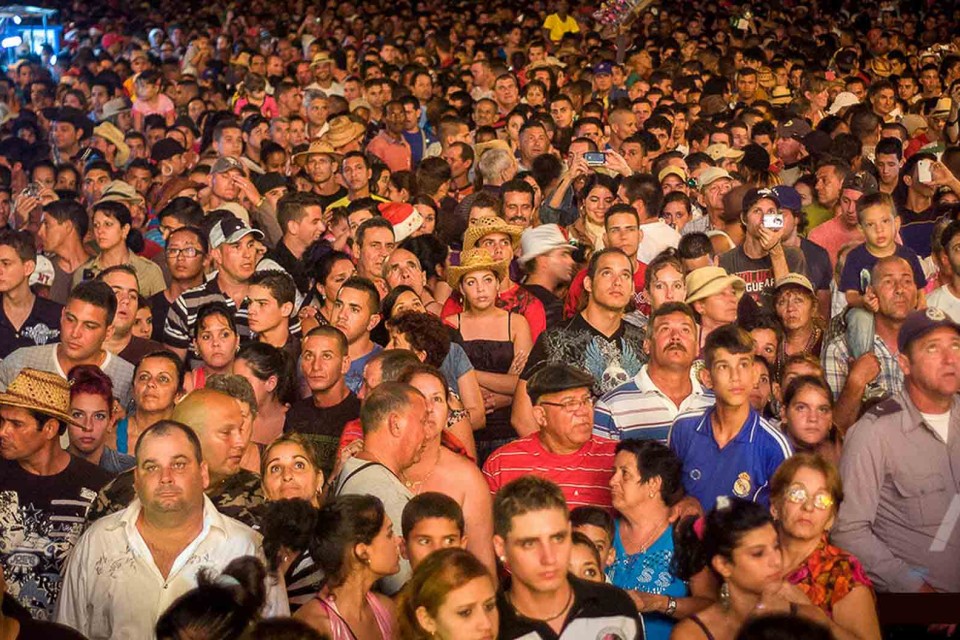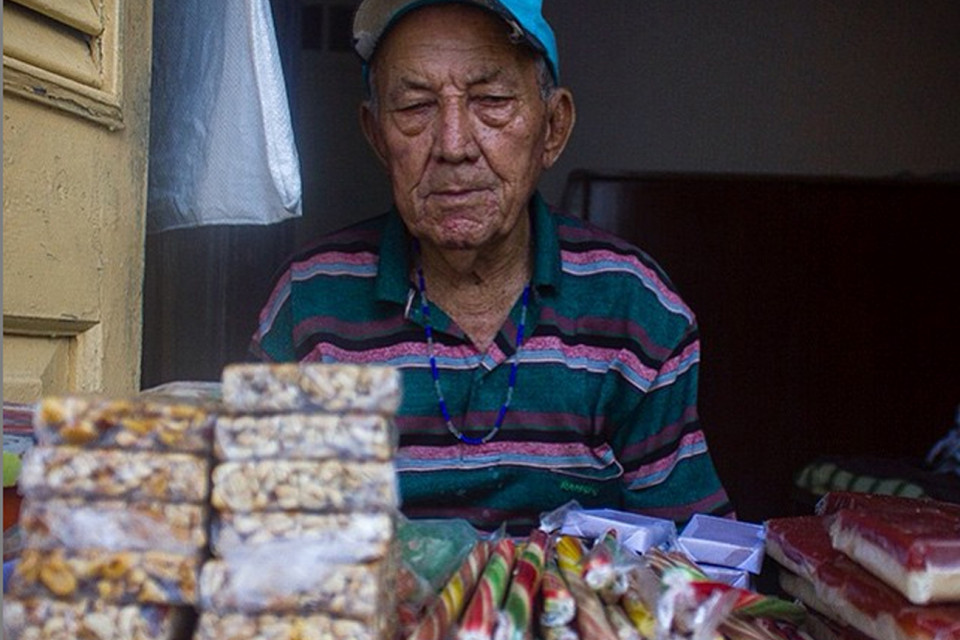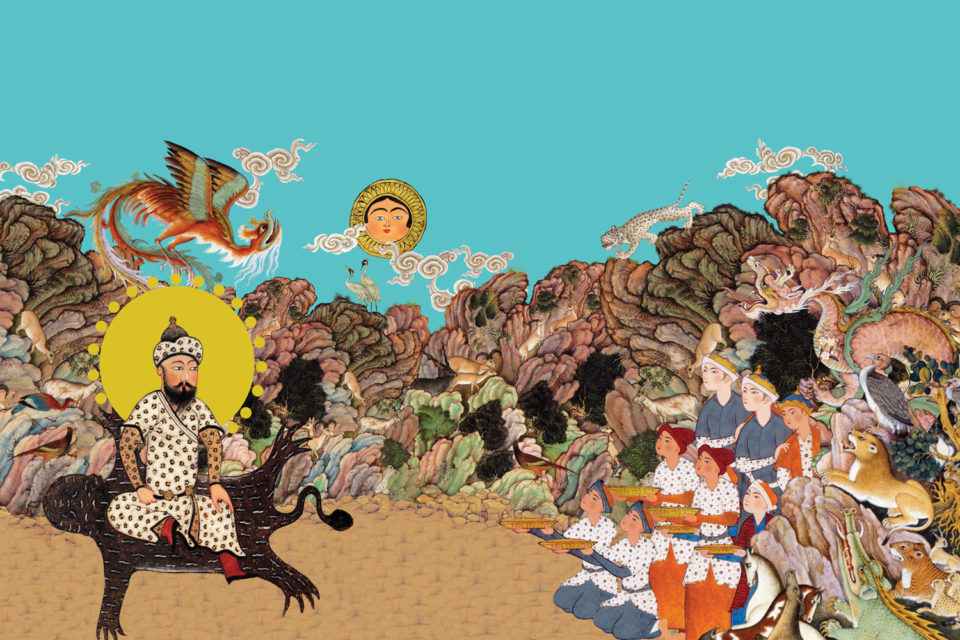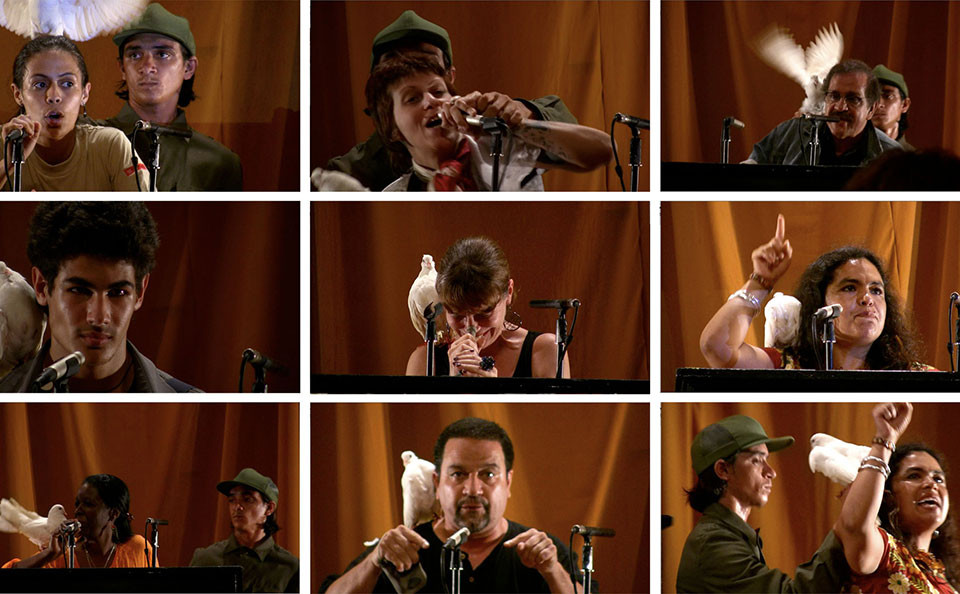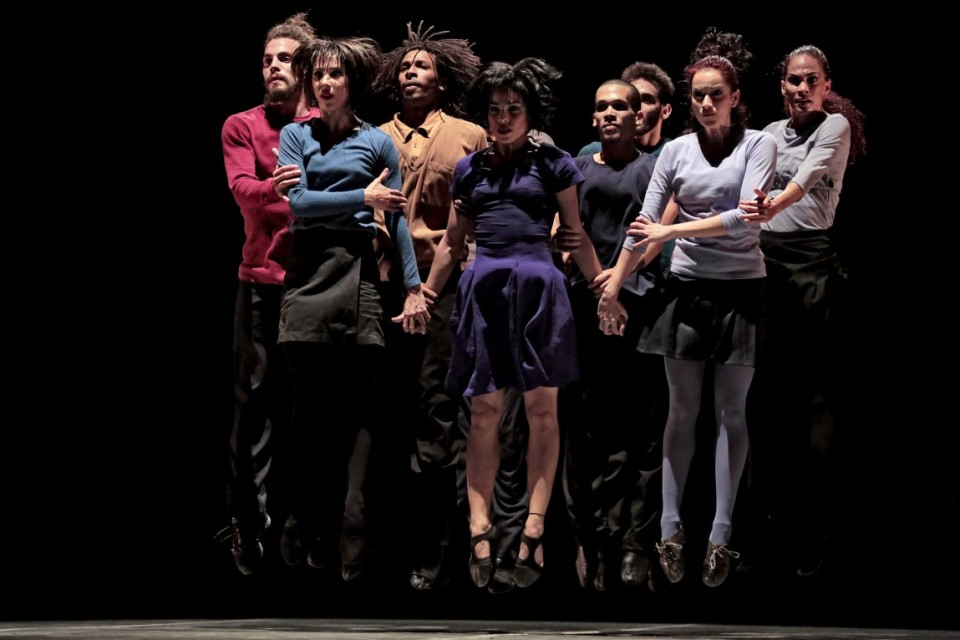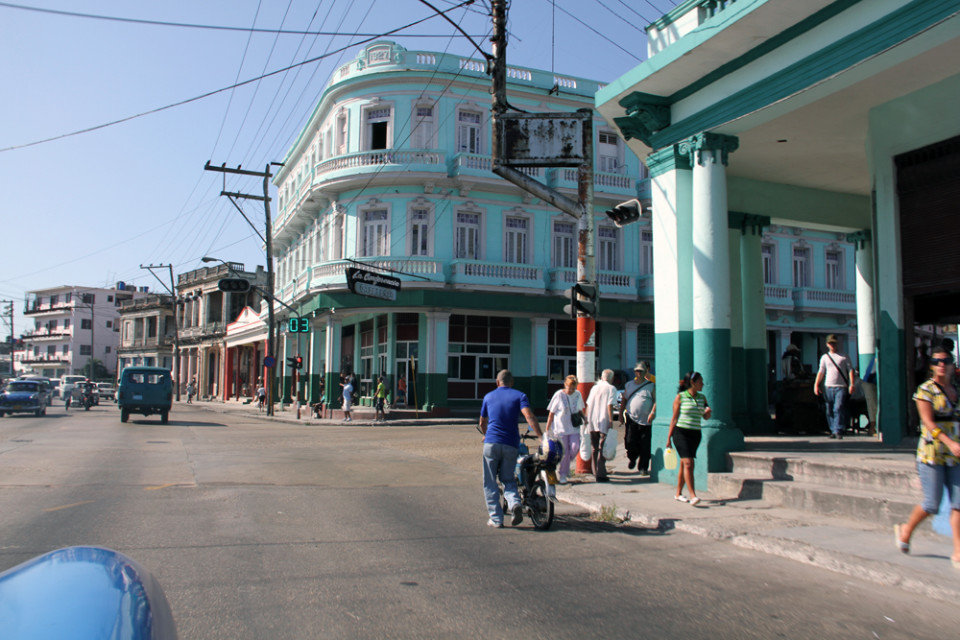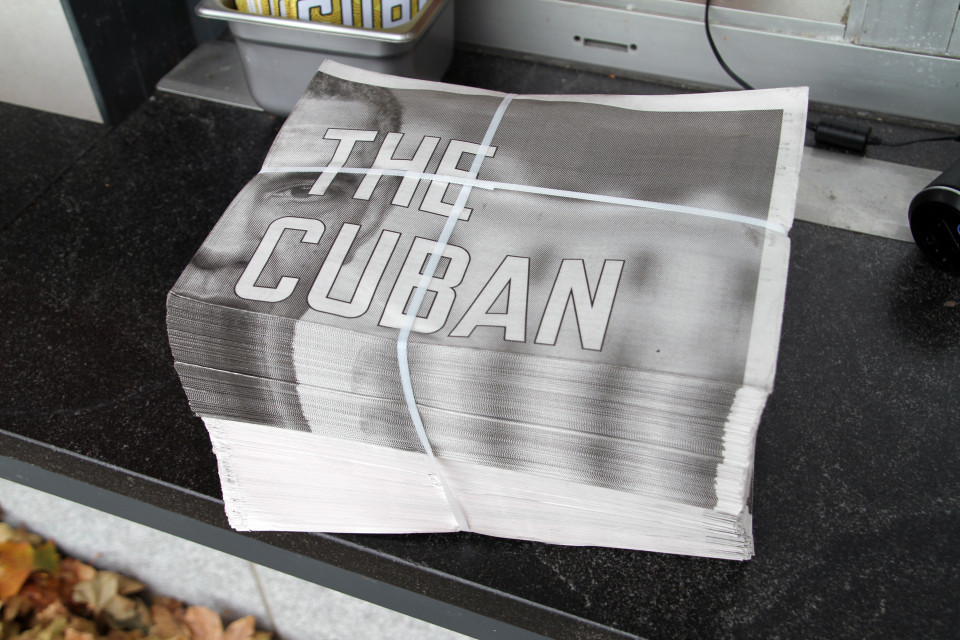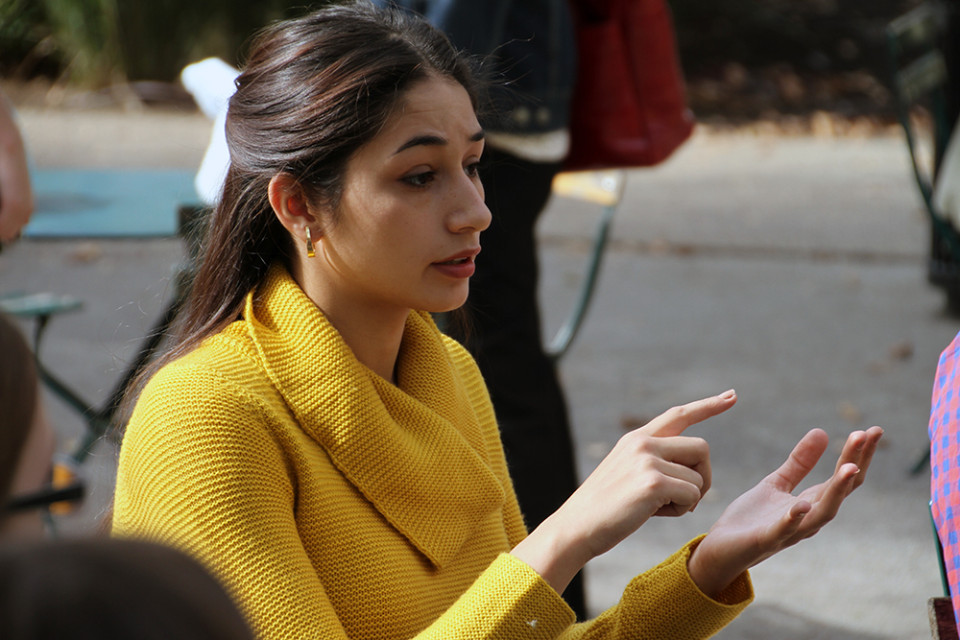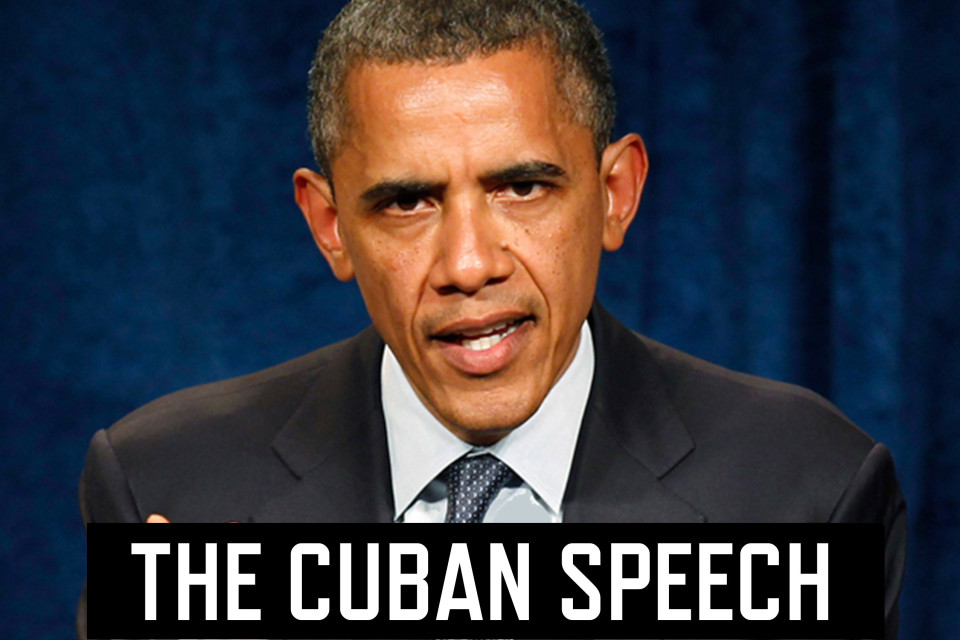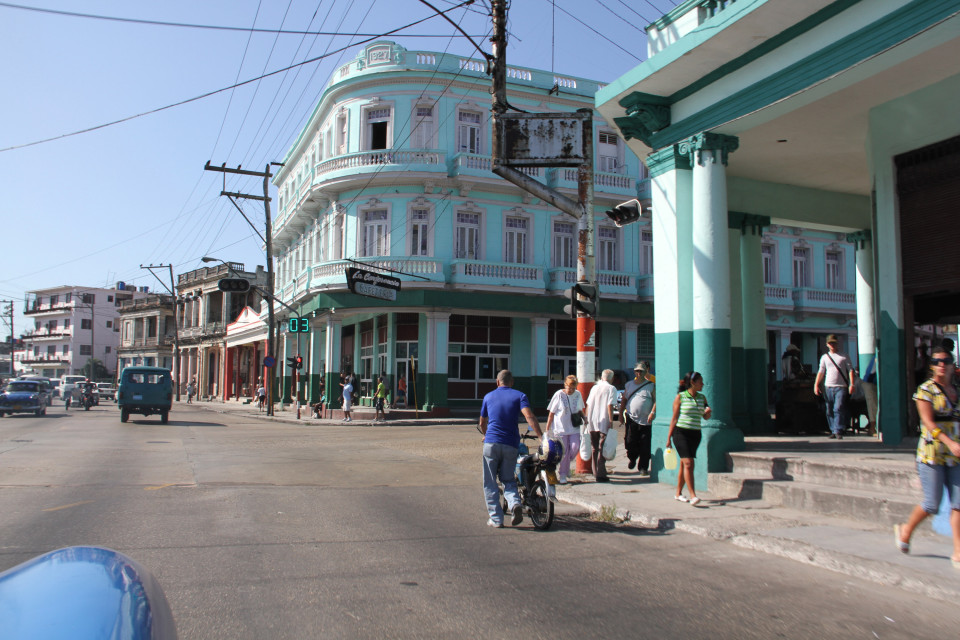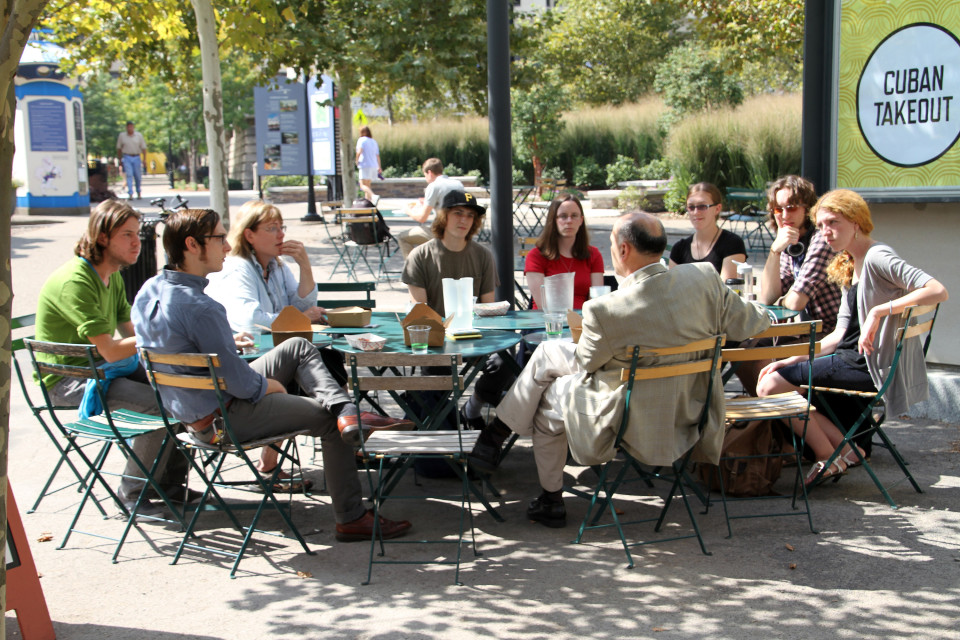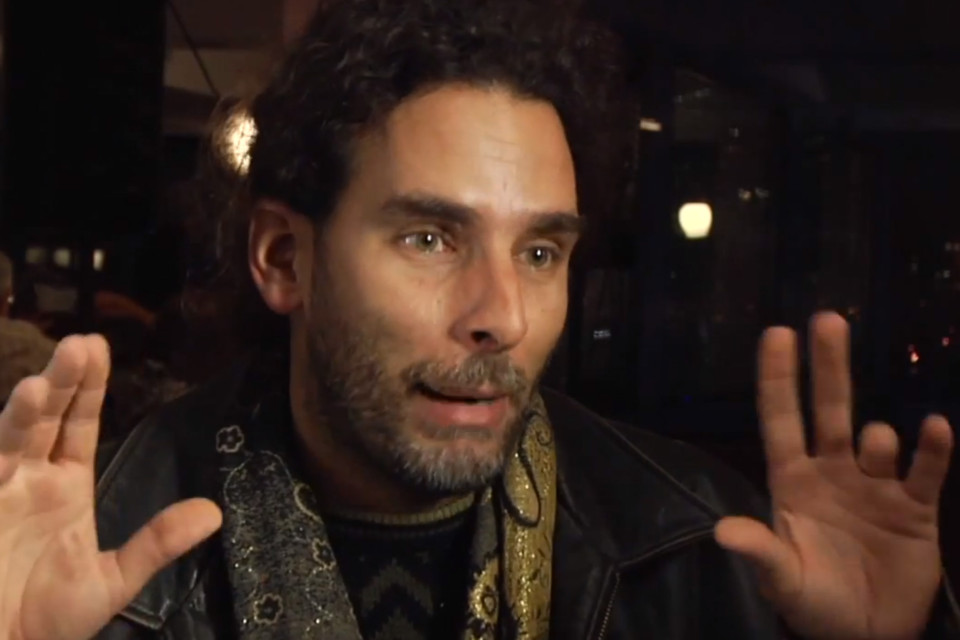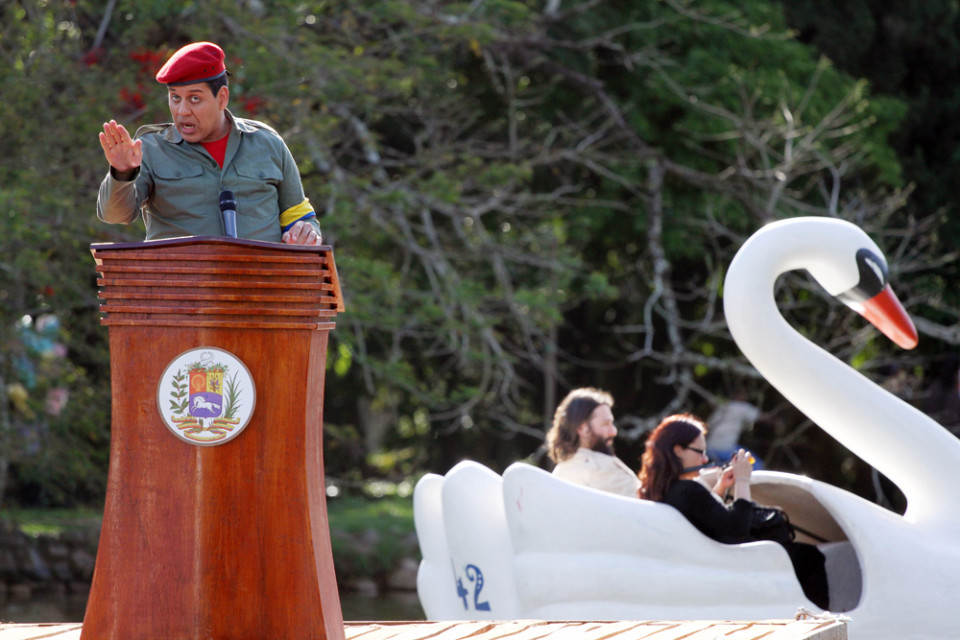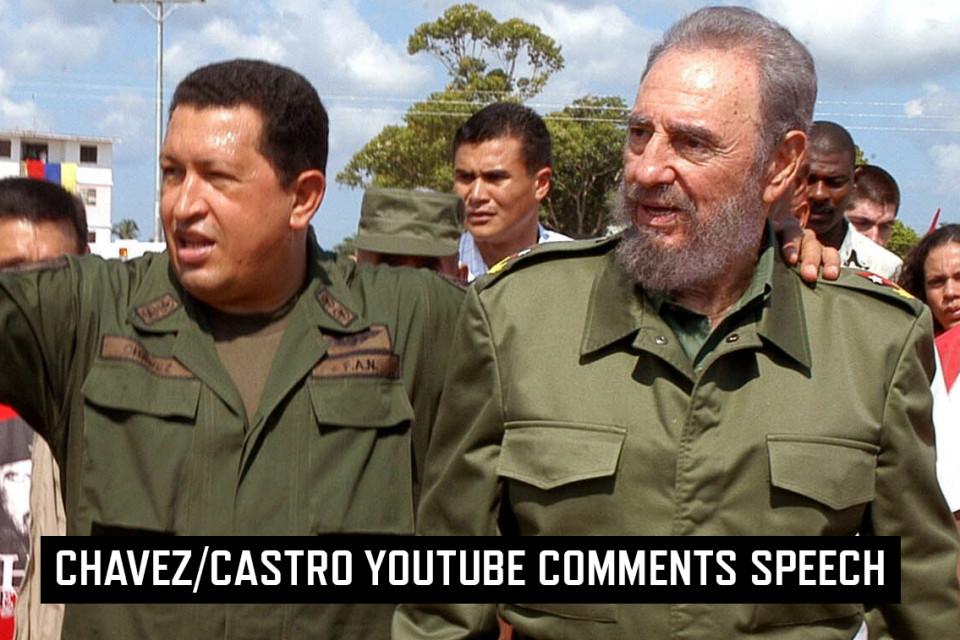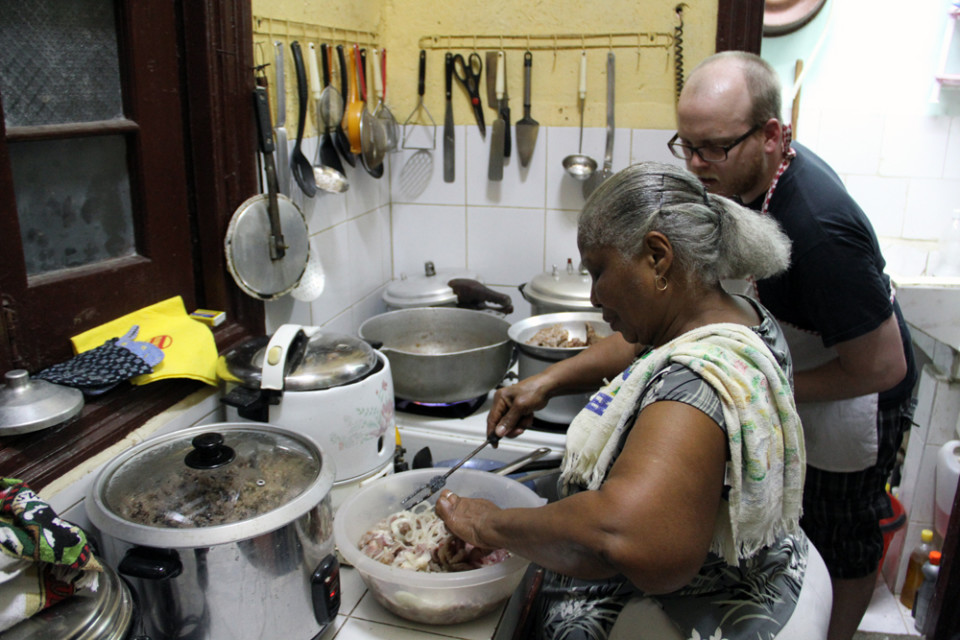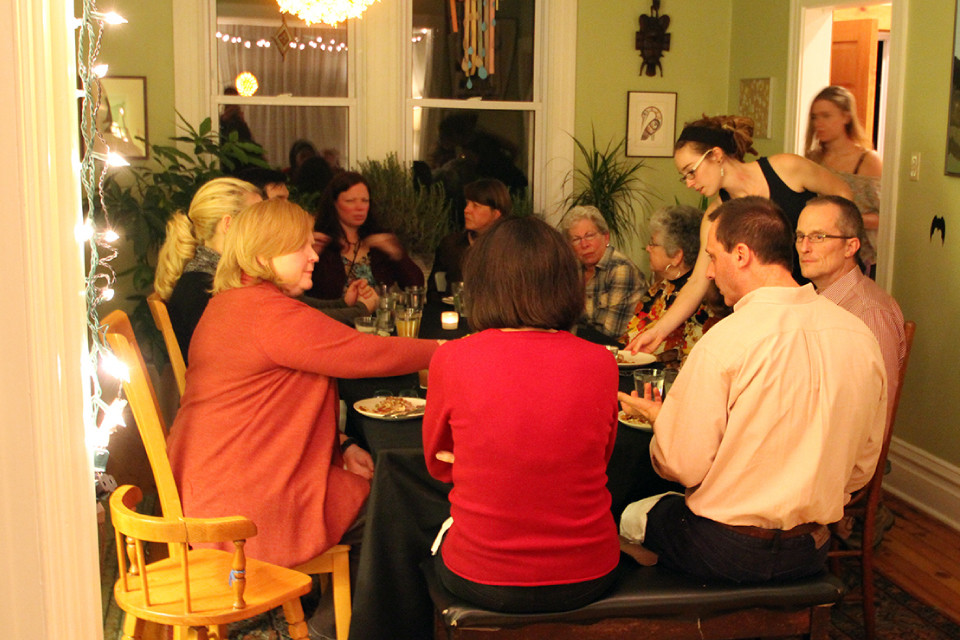Before I studied journalism, I wanted to be a writer. I was traveling a lot and thinking about the problems of the world. In 1999, I was in Poland during the year of solidarity, and this experience opened a window to socialism for me. I came back to Cuba and finished my high school studies: journalism, history, art law, art history. Very quickly, I realized that I didn’t want to be a journalist. Here in Cuba, there is a big, big problem with journalism. It’s not journalism; it’s like a science fiction! You read the newspaper, and you say, “I don’t live in this country.”
We definitely have underground media; however, it is extremely dangerous and difficult to access these forums. People like Yoani Sánchez, who has a blog called Generation Y, write about daily oppression in Cuban life and the political actions needed to resolve this. Underground forums like these are lifelines for people in Cuba; however, there needs to be more done to help expand these efforts.
Since most Cubans have little information about what’s going on in the U.S., it’s not important to them. Remember that most people don’t have Internet access. You can’t get American newspapers, not one. Our family and friends don’t talk about the United States. But, of course, elections are always big news here. The fact that an African-American and Democrat was elected to be president was really significant in Cuba. There were expectations that our relationship with the U.S. would improve, just as we expected with Kennedy, Carter, and Clinton.
Even though the government tries to control the Internet, I’ve found ways to hack into it to connect with friends who have left Cuba. They write to say if they are in Spain, the United States, Mexico, Argentina, or Peru. I even have friends in Japan, Cuban people. We are like the new Jews.


